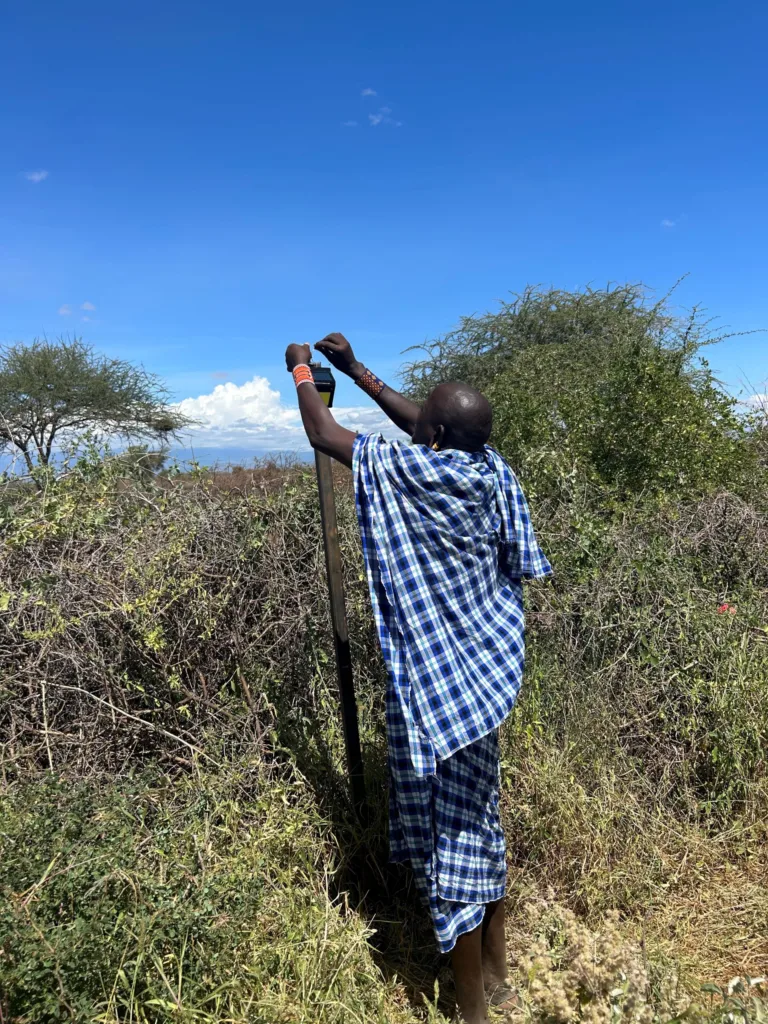SFS & WWF Collaborate to Study Impacts of and Human Responses to Climate Change
Global climate change, human responses and coping strategies, and the impacts of these responses to biodiversity occur all-over the globe. Rural African communities are among the most affected communities and experience firsthand the impacts of changes in weather and climate. To be able to survive and operate in their harsh environment, these communities have developed and implemented various strategies to cope and adapt to climate change to reduce its impacts on their livelihood. The coping strategies and adaptation responses by these communities, however, are not systematically studied and documented.
This semester, the SFS Center for Wildlife Management Studies in Tanzania will be working on a collaborative project with the World Wildlife Fund (WWF) to study community members’ perceptions towards climate change, documenting the impacts and coping strategies used to overcome the prevailing environmental and socioeconomic changes brought about by shifting weather patterns in the Karatu and Monduli Districts of the Tarangire-Manyara ecosystem. These communities come from two distinctive sites with contrasting social-economic and livelihood sources. The Karatu site is located in the highlands to the west of the Great Rift Valley escarpment with predominantly agro-pastoralist livelihood source.
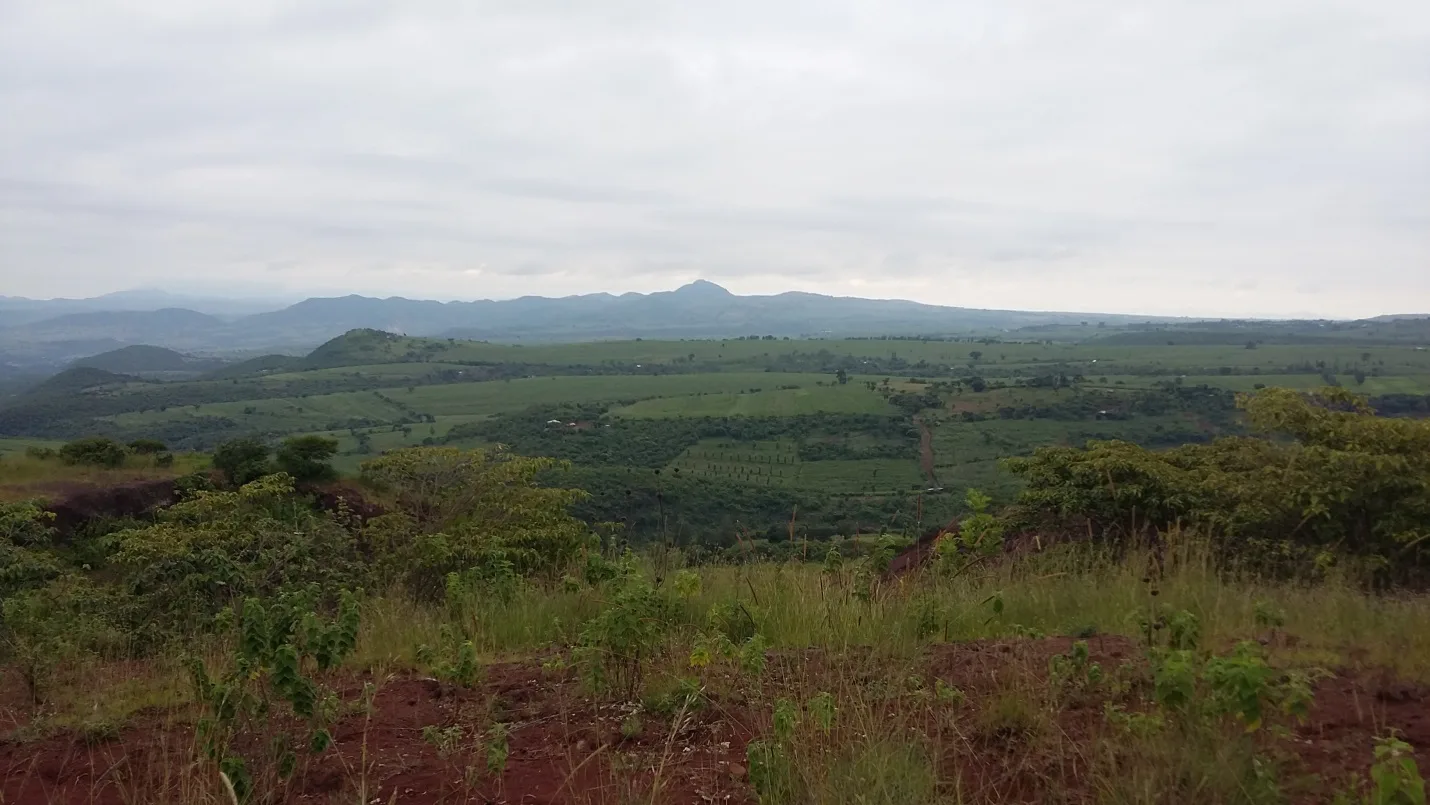
Climate change study site in the highland to the western escarpment of the Great Rift Valley
The other study site is located at the bottom of the Great Rift Valley with predominantly pastoralist communities relying on livestock keeping as their source of livelihood. By having such contrasting sites, the project will provide information across a wide geographic area.
Apart from contributing to our understanding of the impacts and human responses to climate change, this project will involve SFS undergraduate students as well as faculty, thus providing an excellent opportunity for undergraduate field research training while generating valuable scientific information.
Read the press release: explore.fieldstudies.org/blog/sfs-wwf-collaboration-climate-change-research-tanzania
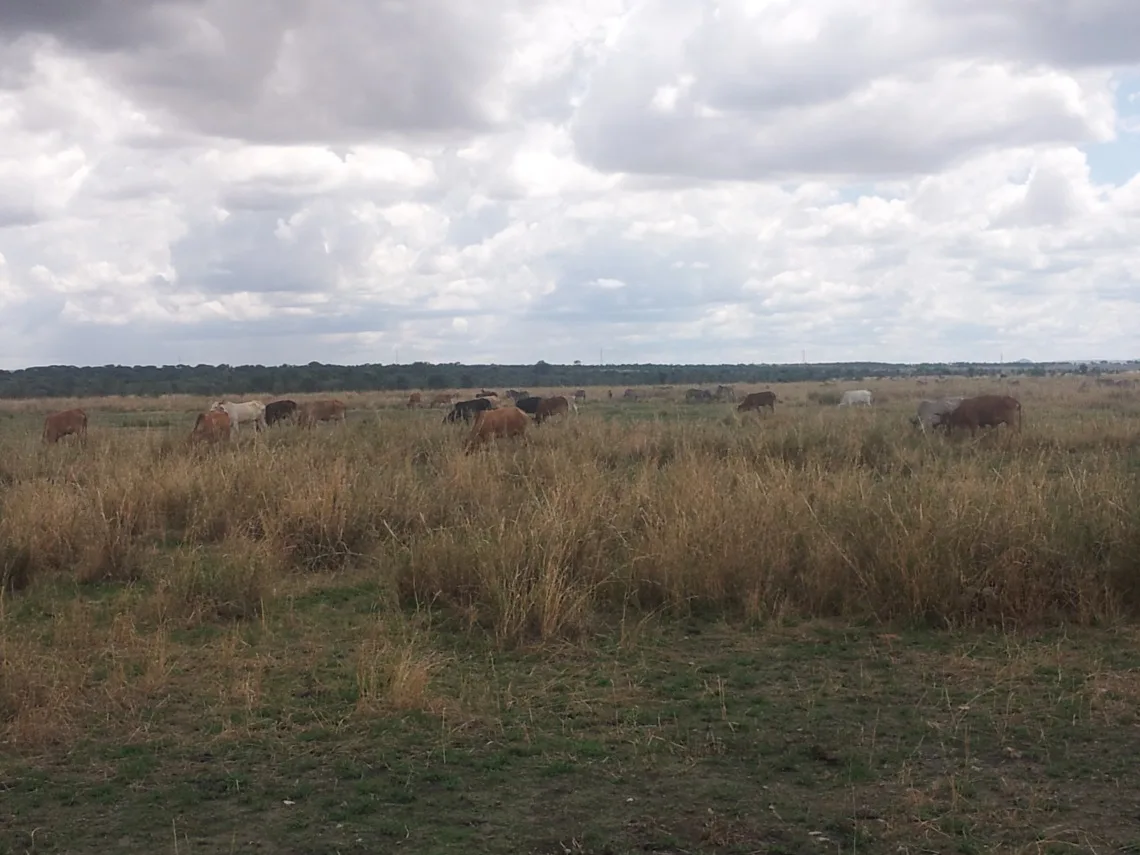
Climate change study site at the bottom of the Great Rift Valley where the communities are predominantly pastoralists
Related Posts
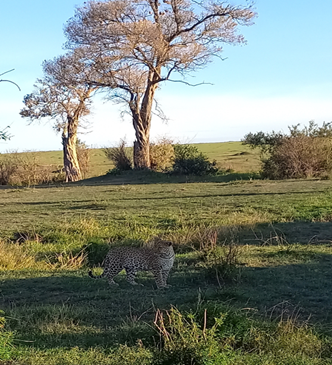
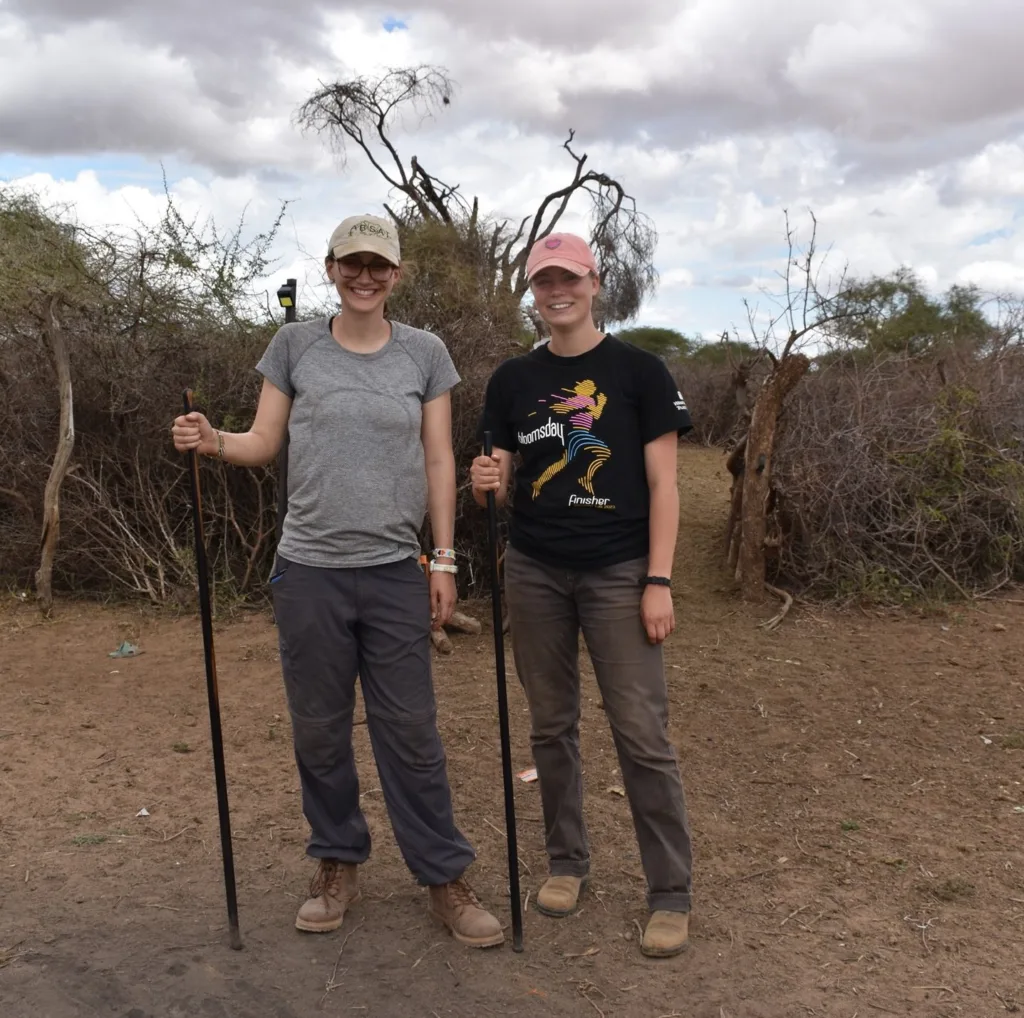
Alumni Reflections: Stories of the Return to Kenya
